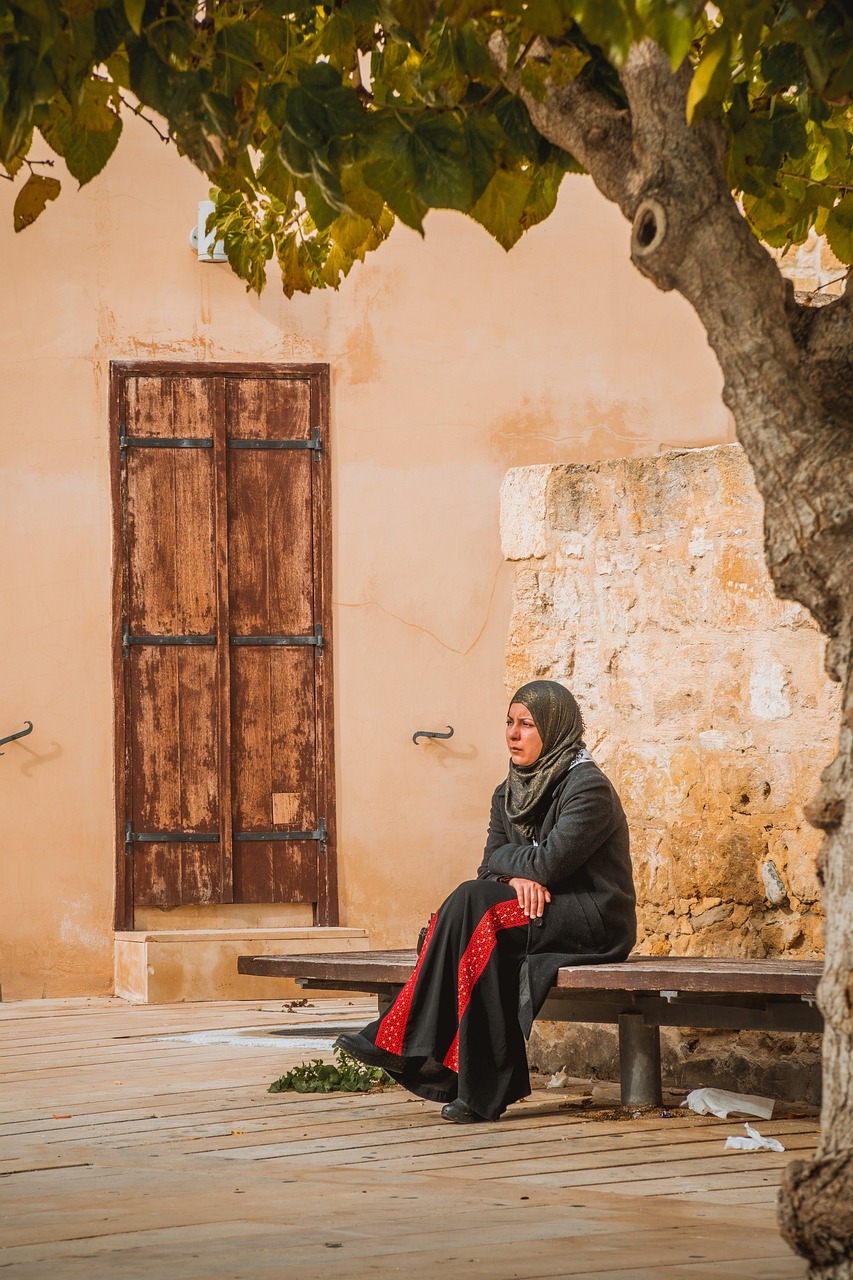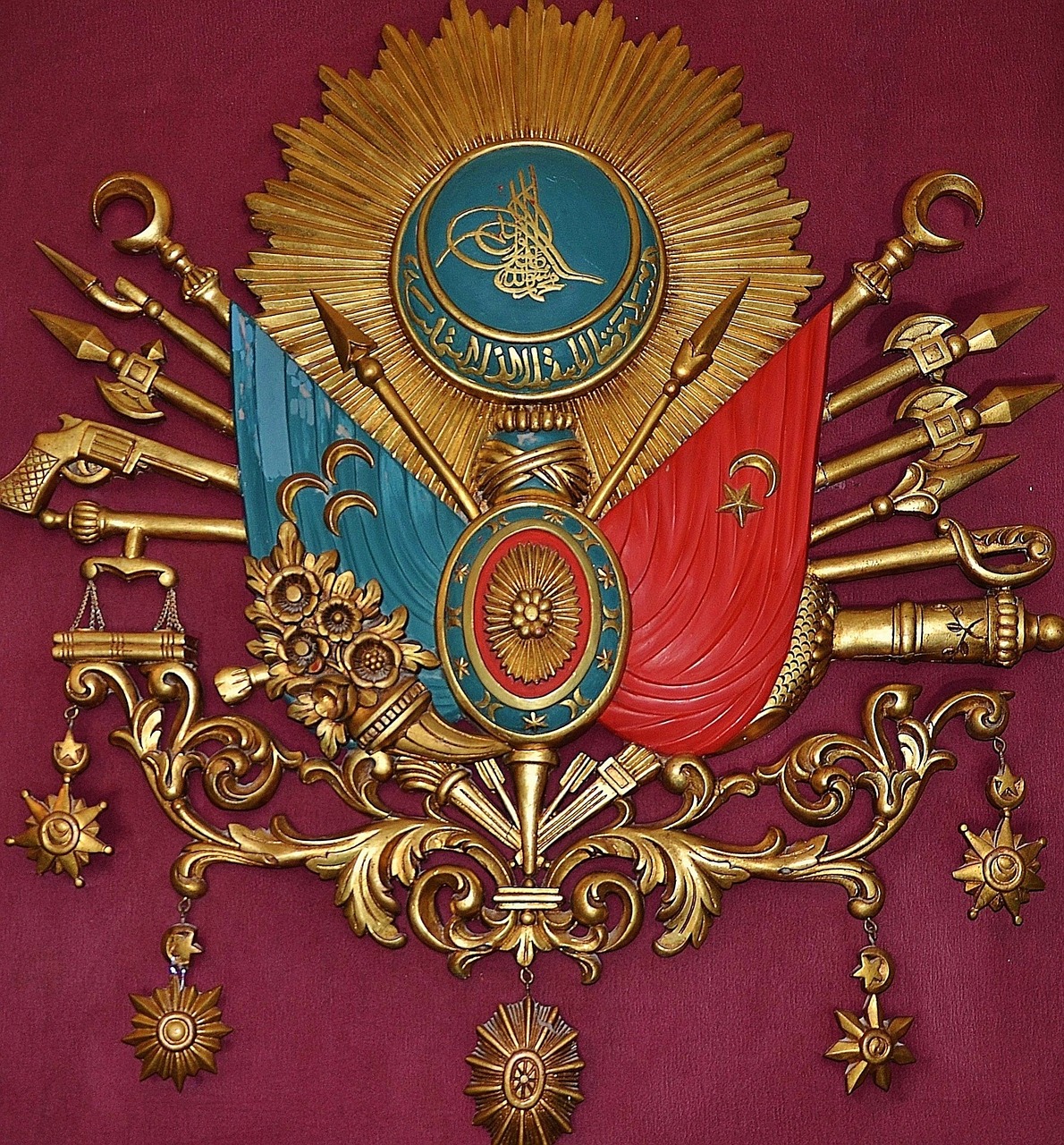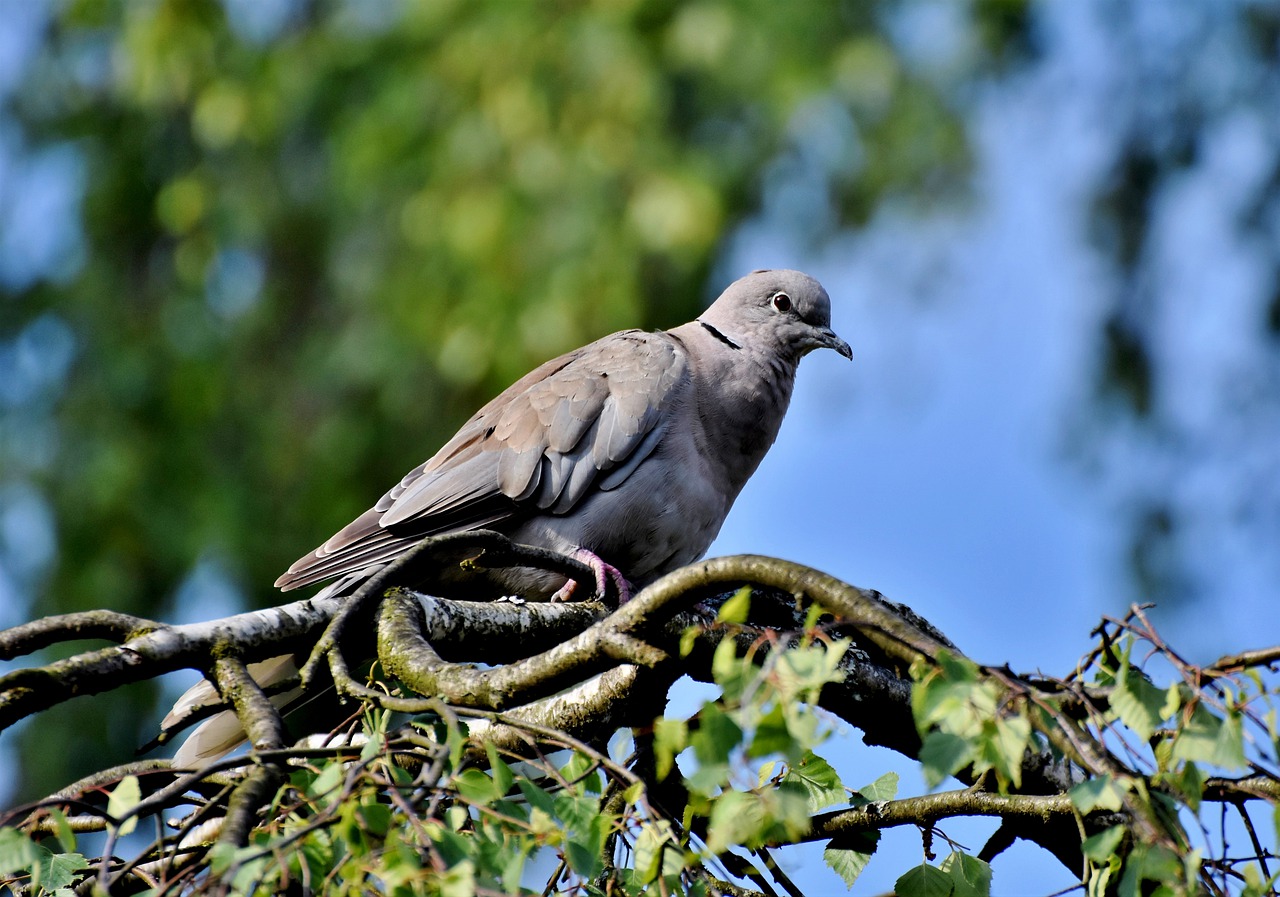Turkey Video
Local Celebrations and Holidays: What to Expect in Turkey
Turkey is a country rich in cultural traditions and festivities. From religious celebrations to national holidays, there are various events throughout the year that showcase the Turkish heritage and bring communities together. In this article, we will explore some of the most significant local celebrations and holidays in Turkey, providing you with a glimpse into the vibrant and diverse culture of this fascinating country.
Eid al-Fitr: Celebrating the End of Ramadan
Eid al-Fitr, also known as Ramazan Bayramı in Turkish, is one of the most important religious holidays in Turkey. It marks the end of the holy month of Ramadan, during which Muslims fast from dawn to sunset. The celebrations typically last for three days and involve various traditions, such as attending special prayers at mosques, visiting family and friends, and exchanging gifts. The streets are adorned with colorful decorations, and delicious traditional dishes like baklava and Turkish delight are prepared and shared.
- Prayers at Mosques: During Eid al-Fitr, Muslims gather at mosques to perform special prayers, known as Salat al-Eid. These prayers are led by an imam and are attended by both men and women.
- Visiting Family and Friends: Eid al-Fitr is a time for families to come together and strengthen their bonds. People visit their relatives and friends, exchange greetings, and share meals.
- Exchanging Gifts: Giving and receiving gifts is a common practice during Eid al-Fitr. It symbolizes generosity and goodwill among Muslims.
- Feasting on Traditional Delicacies: Turkish cuisine plays a significant role in Eid al-Fitr celebrations. Families prepare traditional dishes like lamb kebabs, pilaf, and baklava to share with loved ones.
Turkish National Day: Commemorating the Founding of the Republic
Turkish National Day, also known as Cumhuriyet Bayramı, is celebrated on October 29th each year. It commemorates the proclamation of the Republic of Turkey in 1923 by Mustafa Kemal Atatürk, the founder of modern Turkey. The celebrations are grand and patriotic, with various events and ceremonies taking place across the country.
- Parades and Processions: One of the highlights of Turkish National Day is the military parade held in the capital city of Ankara. Soldiers, military bands, and official vehicles march through the streets, showcasing the country’s strength and unity.
- Firework Displays: Fireworks illuminate the night sky during Turkish National Day. Spectacular displays can be seen in major cities like Istanbul, Ankara, and Izmir.
- Cultural Performances: The celebrations also feature cultural performances, including traditional music and dance shows. These performances highlight the rich cultural heritage of Turkey.
- Flag-Waving and National Symbols: Turkish flags are proudly displayed during the celebrations. People dress in red and white, the colors of the Turkish flag, and wear badges with the image of Atatürk.
New Year’s Day: Welcoming the New Year
New Year’s Day, known as Yılbaşı in Turkish, is a widely celebrated holiday in Turkey. While it is not a traditional Turkish holiday, it has become popular in recent years, especially in urban areas. The festivities include various customs and traditions, both borrowed from Western cultures and unique to Turkey.
- Street Celebrations: Cities like Istanbul and Ankara come alive with street parties and festive decorations. People gather in popular squares and streets, celebrating with music, dancing, and fireworks.
- New Year’s Eve Dinners: Many restaurants and hotels offer special New Year’s Eve dinner packages. These meals often include traditional Turkish dishes along with international cuisine.
- Countdown and Fireworks: Just like in many other parts of the world, Turks countdown to midnight on New Year’s Eve. As the clock strikes twelve, fireworks light up the sky, and people exchange greetings and well wishes.
- First Sunrise of the Year: In some coastal areas, people gather on the beach to witness the first sunrise of the new year. It is considered a symbol of hope and new beginnings.
Turkish Independence Day: Remembering the Struggle for Freedom
Turkish Independence Day, also known as Zafer Bayramı, is celebrated on August 30th to commemorate the victory in the Turkish War of Independence. It marks the day when the last foreign forces were expelled from the country in 1922. The celebrations honor the bravery and determination of the Turkish people in their fight for independence.
- Official Ceremonies: The day begins with a formal ceremony at Anıtkabir, the mausoleum of Mustafa Kemal Atatürk in Ankara. Government officials, military personnel, and the public gather to pay their respects and lay wreaths at the tomb.
- Firework Displays: Fireworks are a common sight during Turkish Independence Day celebrations. They light up the sky, creating a festive atmosphere in cities and towns across the country.
- Flags and National Symbols: Turkish flags are prominently displayed during the celebrations. People wear badges and pins with the Turkish flag and images of Atatürk.
- Public Gatherings and Parades: Many cities organize parades and public gatherings to commemorate Turkish Independence Day. The streets are filled with people waving flags and cheering.
Republic Day: Honoring the Founding of the Turkish Republic
Republic Day, known as Cumhuriyet Bayramı, is celebrated on October 29th each year. It marks the anniversary of the proclamation of the Republic of Turkey in 1923 by Mustafa Kemal Atatürk. The day is a national holiday, and various events and ceremonies are held throughout the country.
- Official Ceremonies: The day begins with a formal ceremony at Anıtkabir, the mausoleum of Atatürk in Ankara. Government officials, military personnel, and the public gather to pay their respects and honor the founder of modern Turkey.
- Parades and Processions: Colorful parades take place in major cities, featuring marching bands, military units, and floats representing different aspects of Turkish culture and history.
- Concerts and Performances: Cultural events, including concerts and performances, are organized to celebrate Republic Day. Renowned musicians and artists showcase their talents, adding to the festive spirit.
- Firework Displays: Fireworks light up the night sky, creating a dazzling spectacle that can be enjoyed by people of all ages.
Turkey Image 1:

Turkish Cuisine: A Gastronomic Delight
Turkish cuisine is renowned for its rich flavors and diverse dishes. Influenced by a blend of Middle Eastern, Mediterranean, and Central Asian cuisines, Turkish food offers a unique culinary experience. From succulent kebabs to mouthwatering desserts, here are some highlights of Turkish cuisine:
- Doner Kebab: Doner kebab is a popular street food in Turkey. It consists of succulent slices of marinated meat, usually lamb or chicken, cooked on a vertical rotisserie. The meat is then thinly sliced and served in a warm pita bread with fresh vegetables and sauces.
- Baklava: Baklava is a sweet pastry made of layers of filo dough filled with a mixture of finely chopped nuts and sweetened with honey or syrup. It is a delicacy enjoyed during special occasions and festivals.
- Manti: Manti is a traditional Turkish dumpling dish. It consists of small pockets of dough filled with seasoned ground meat, typically lamb or beef. The dumplings are served with a garlic yogurt sauce and a drizzle of melted butter.
- Meze: Meze refers to a variety of small dishes served as appetizers or side dishes. It includes a wide range of options like stuffed grape leaves, hummus, eggplant dip, and spicy meatballs.
Turkey Image 2:

Traditional Turkish Music and Dance
Traditional Turkish music and dance are an integral part of the country’s cultural heritage. They reflect the diverse influences and regional variations within Turkey. Here are some notable forms of traditional Turkish music and dance:
- Turkish Folk Music: Turkish folk music showcases the rich musical traditions of different regions of Turkey. Instruments like the bağlama (a stringed instrument), the zurna (a double-reed wind instrument), and the darbuka (a goblet-shaped drum) are commonly used in folk music.
- Belly Dancing: Belly dancing, known as oriental dance or rakı, is a mesmerizing form of dance that originated in the Middle East. It involves intricate hip movements, graceful arm gestures, and expressive facial expressions.
- Whirling Dervishes: The Mevlevi Order, also known as the Whirling Dervishes, is a Sufi order that originated in Turkey. Their mesmerizing dance, called the Sema, is a spiritual practice where dervishes whirl in a symbolic journey towards spiritual enlightenment.
- Zeybek Dance: Zeybek is a traditional folk dance that originated in western Turkey. It is characterized by the energetic movements of male dancers wearing traditional attire, including a vest, baggy trousers, and a fez.
Turkish Tea and Coffee Culture
Turkish tea and coffee hold a special place in Turkish culture. They are an essential part of daily life and social gatherings. Here’s a glimpse into the Turkish tea and coffee culture:
- Turkish Tea: Turkish tea, known as çay, is a black tea brewed using a special two-chambered teapot called a çaydanlık. The tea is served in small tulip-shaped glasses and is typically enjoyed with a cube of sugar.
- Turkish Coffee: Turkish coffee, known as Türk kahvesi, is a strong and aromatic coffee prepared by boiling finely ground coffee beans in a cezve, a small copper pot. The coffee is served in small cups, and the grounds settle at the bottom of the cup.
- Fortune Telling: Turkish coffee fortune-telling, known as fal, is a popular tradition. After drinking the coffee, the cup is inverted onto a saucer, and the patterns formed by the coffee grounds are interpreted to reveal the drinker’s future.
- Tea and Coffee Houses: Tea and coffee houses, known as çay bahçesi and kahvehane, respectively, are important social spaces in Turkish culture. People gather to relax, chat, and play traditional board games like backgammon.
Turkey Image 3:

References
– gypsywarrior.com (Turkey Image 1)
– gypsywarrior.com (Turkey Image 2)
– gypsywarrior.com (Turkey Image 3)


